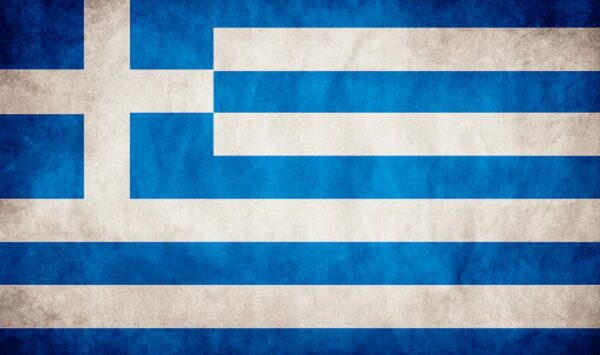ERT, the former Greek national broadcaster, was shut down by the Greek government last June. A total of 3500 employees (among them journalists, technicians, presenters, producers, directors etc) lost their jobs in the name of consolidation of the public sector in the country. But how does this incident affect Greece’s participation at the forthcoming 2014 Eurovision Song Contest?
After an exhaustive and extensive research carried out by esctoday regarding this issue and after consulting the EBU, we can bring you a clearer picture of the current situation afflicting Greece, its broadcaster and its participation at the forthcoming Eurovision Song Contest.
The governmental plan to sanitise the Greek broadcaster ERT was applied in one night. In accordance with the government officials, the shutdown was imposed on the broadcaster to be reconstituted and renamed to NERIT (New Hellenic Radio, Internet & Television S.A.). DT (primary known as EDT – Dimosia Tileorasi) is currently operating as the interim channel, a bridge between ERT and NERIT during the transitional period.

Participation in the contest next year
According to the EBU, DT (Interim Channel) IS NOT a member of the EBU as it doesn’t meet the requirements and criteria of EBU membership. This interim channel was implemented by the Greek government after the shutdown of ERT, hence it will be operational during a transitional period until the Greek government implements the new broadcaster, NERIT.
DT is NOT ELIGIBLE to participate at the Eurovision Song Contest.
EBU’s position
In an interview to esctoday.com, Sietse Bakker, the Event Supervisor for the Eurovision Song Contest, in response to a query regarding Greece’s participation at the 2014 Eurovision Song Contest, commented that the EBU will do its best to have Greece on board, given the fact of the special occasion.
In order for Greece to compete at the forthcoming Eurovision Song Contest, the Greek government will have to form the new broadcaster NERIT. Once the new broadcaster is formed and operational, it will have to meet all the requirements and criteria to comply with the EBU membership rules and regulations. Only then the broadcaster will be eligible to apply for an EBU membership.
Once the broadcaster submits its application, the EBU will then study and evaluate the application and verify if the broadcaster complies with all the requirements for membership. Taking into account that this a special case, the EBU could accelerate the paperwork required and accept the Greek broadcaster’s request earlier than expected.
Once NERIT gets its application for EBU membership accepted, it can only then apply to participate at the Eurovision Song Contest. Countries wishing to compete in the competition, have to send in their application to the EBU by mid November and have time to withdraw their application until early January.
Thus we will see Greece in the competition next year, IF and WHEN NERIT is formed and fully operational and after its EBU membership application is accepted.
Hurdles and hindrances
The process of NERIT’s formation is currently in full swing, but there are many hurdles and obstacles on the way, which can delay its launch.
A major hindrance is the seizure of ERT’s headquarters by its former employees, who are still broadcasting a live stream online and maintain the former ERT channel alive.
Digest
The current financial and economical turmoil afflicting both Greece and Europe, along with the austerity measures and budget cuts implemented by the governments, has lead to many broadcasters to opt out of the competition (Croatia and Cyprus in 2014, Bosnia & Herzegovina and Portugal in 2013). Therefore a participation at the Eurovision Song Contest is not a priority for many people when their welfare and jobs are at stake.
What can be said for sure is that nobody can give a clear answer if Greece will participate or not at the forthcoming 2014 Eurovision Song Contest. Before focusing on the country’s Eurovision participation, we should first focus on the formation of NERIT, and hereafter of its fulfillment of the EBU rules and regulations.
To conclude we would like to point out that due to the current financial crisis afflicting Greece, the Greek participation at next year’s contest looks both uncertain and grim. There are many serious issues and problems to be solved and tackled in the country and of a higher priority to the Greek nation.




